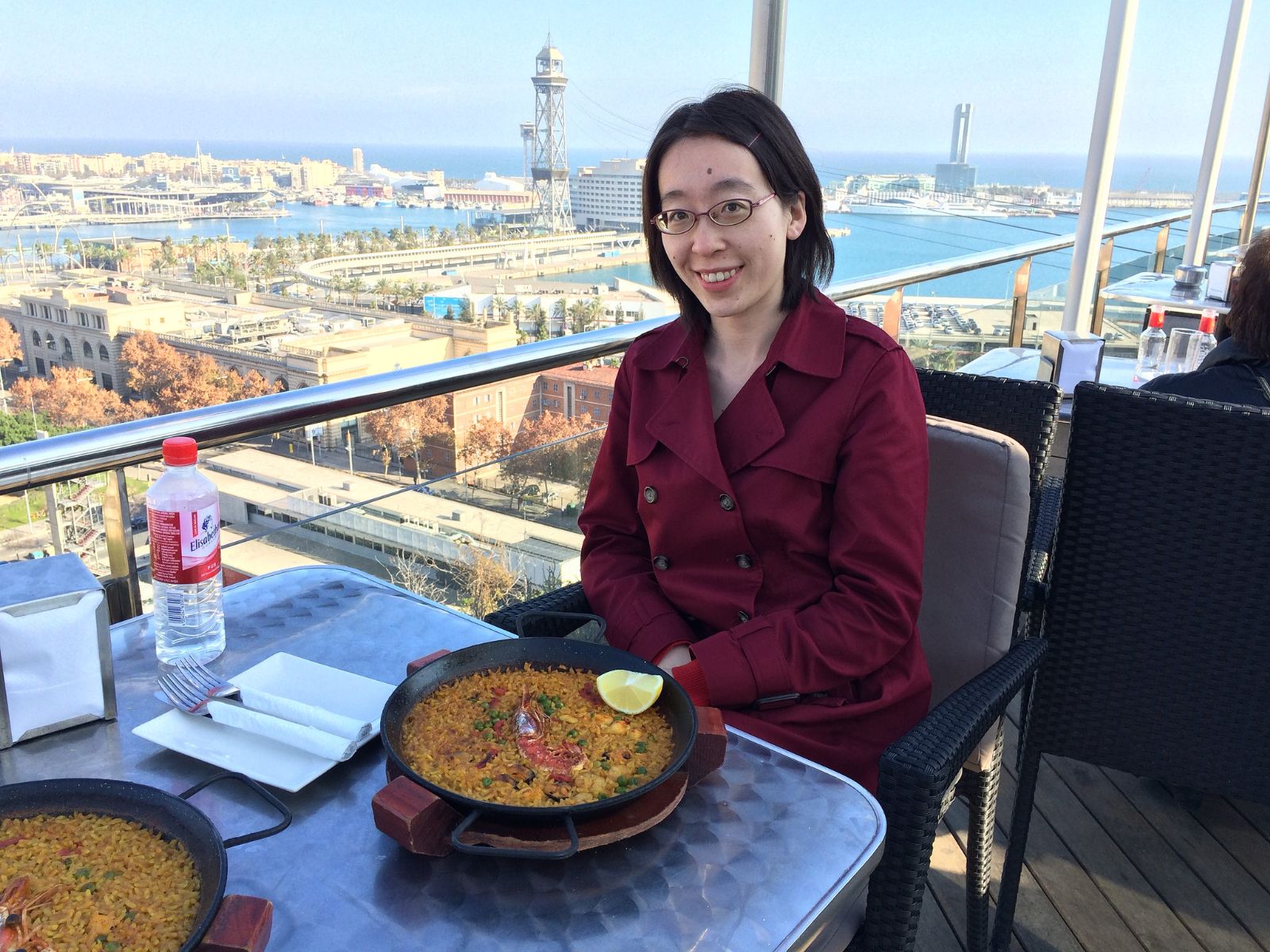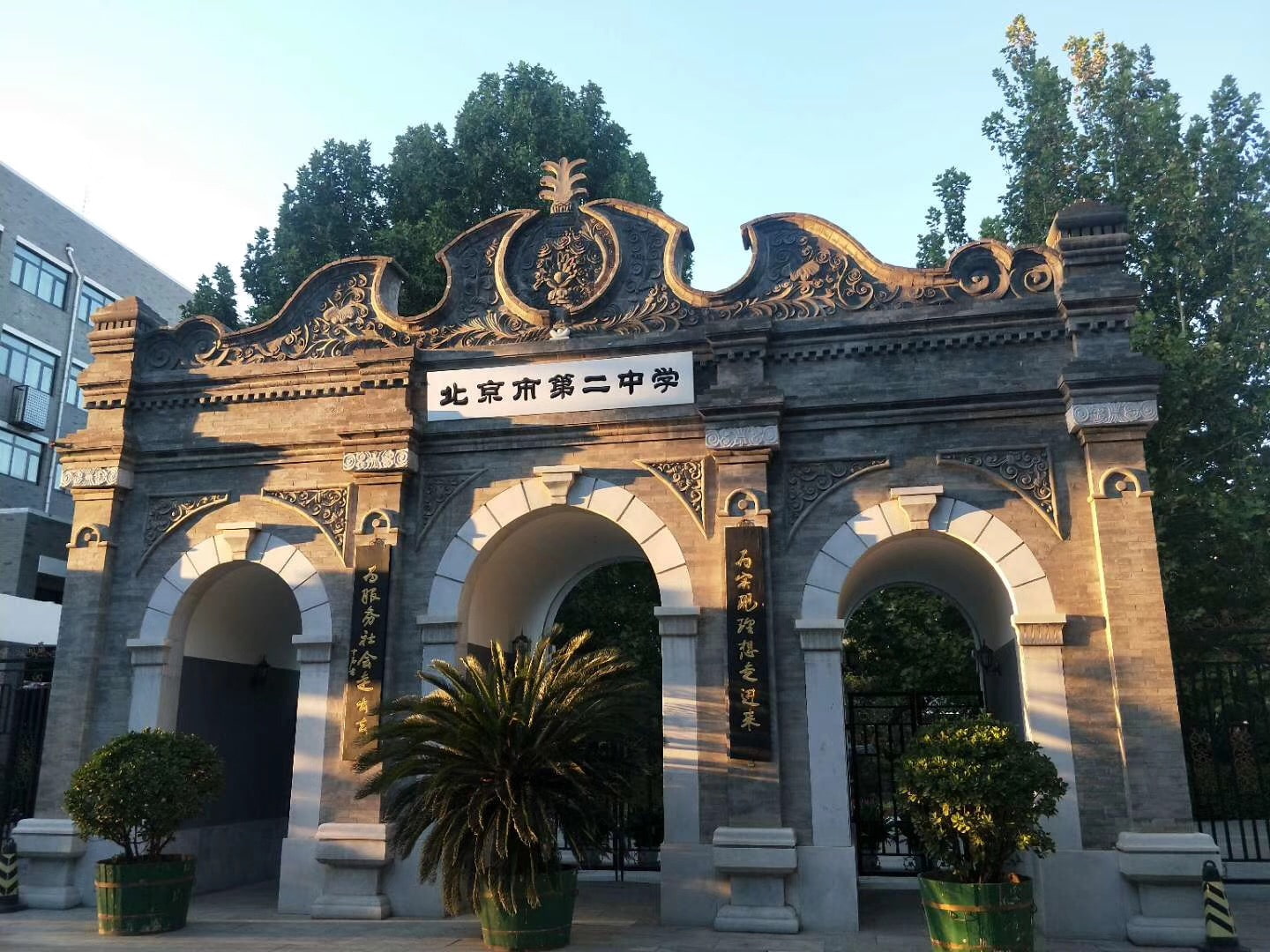Wayne State welcomes new faculty member in Chinese
Professor Haiyong Liu, director of the Linguistics and Chinese Language Programs, interviewed his new colleague, Dr. Yunshuang Zhang, about her impressions of Detroit, her research and education in China and the U.S.
Fall surprises
 The first surprise was that we could finally hire a professor of Chinese literature! And the second one? Yunshuang and I went to the same graduate school (UCLA), college (Peking University) and even high school (Beijing No. 2 Middle School), on both sides of the Pacific. And eventually, we would meet at Wayne State University in Detroit, and in the same department. What are the odds? CMLLC never fails to hire the right people, we know!
The first surprise was that we could finally hire a professor of Chinese literature! And the second one? Yunshuang and I went to the same graduate school (UCLA), college (Peking University) and even high school (Beijing No. 2 Middle School), on both sides of the Pacific. And eventually, we would meet at Wayne State University in Detroit, and in the same department. What are the odds? CMLLC never fails to hire the right people, we know!
Michigan is so verdant: that was Yunshuang's first impression upon arrival. And her mental transition from Lala Land to the Motor City started at DTW as well, when the helpful airport employee told her and her family, half-jokingly, that he felt sorry that they had to live in LA for eight years.
Well, sure. Besides the real winter and snow that she has been missing, and the integration of urban hustle and rural serenity that inspires her, she is excited about the diversity of the student body at Wayne, especially those interested in taking classes in Asian Studies. In the classroom, she has always enjoyed the moments when students relate the cultural phenomena they have learned and observed about China to their own diverse backgrounds and distinctive cultural experiences.
 Another thrill regarding working at Wayne is the prospect of initiating cross-cultural comparative studies with her new colleagues, specifically pertaining to the Chinese studio, the French salon or the Italian studio. These topics are part of her first book project, tentatively titled Porous Privacy: The Literati Studio and Spatiality in Song China. Her work examines the distinctive significance of the studio space (an enclosed site specifically used for reading, writing, and art creation) from the 10th century to the 13th century through its literary and visual representations.
Another thrill regarding working at Wayne is the prospect of initiating cross-cultural comparative studies with her new colleagues, specifically pertaining to the Chinese studio, the French salon or the Italian studio. These topics are part of her first book project, tentatively titled Porous Privacy: The Literati Studio and Spatiality in Song China. Her work examines the distinctive significance of the studio space (an enclosed site specifically used for reading, writing, and art creation) from the 10th century to the 13th century through its literary and visual representations.
As a scholar, Yunshuang specializes in the literature and cultural history of middle-period China (800-1400) and Japan, with a focus on poetry and literati culture. Her research centers on literary representations of everyday practices (e.g., reading, writing, traveling, and elegant gatherings) and their accompanying spaces (e.g., the garden, tea house, and reclusive hut). It examines how literature reconfigures and reappropriates ways of operating things, and in turn, how the literariness of everyday practices contributes to poetics and narratives.
For example, besides her book project, Yunshuang is exploring the broad issue of interaction between literature and society from various perspectives. Topics that interest her include the subgenre of joke poetry, the boat image in literature, intellectual changes reflected from historiography, as well as a digital humanities project on the complicated network of gift-giving.